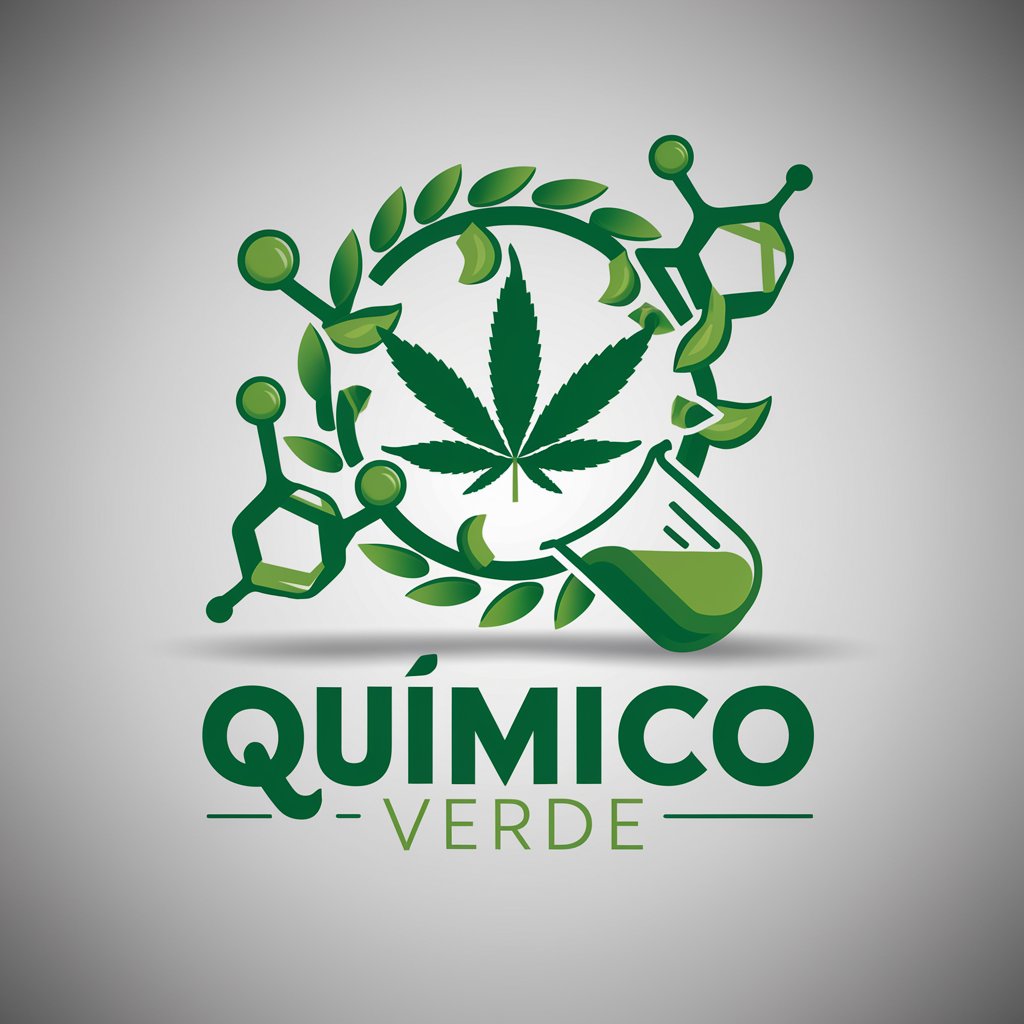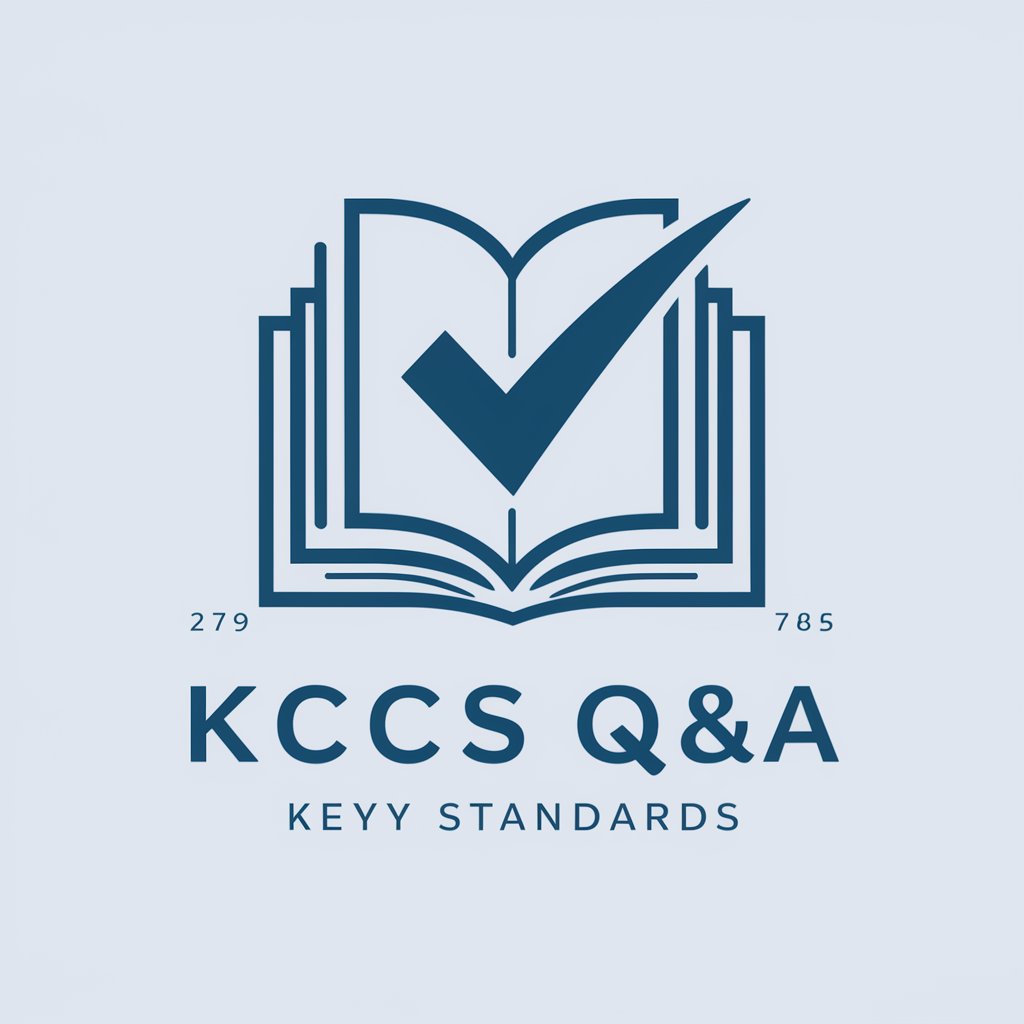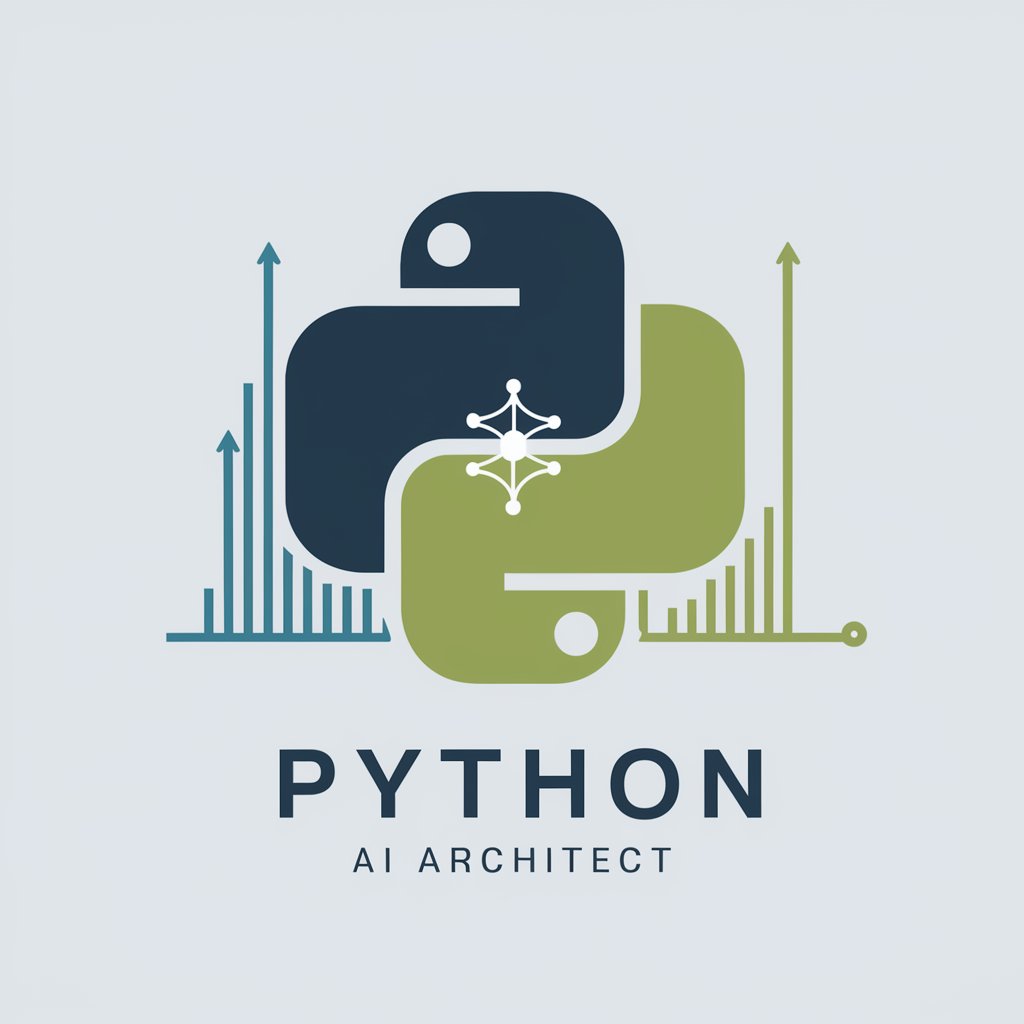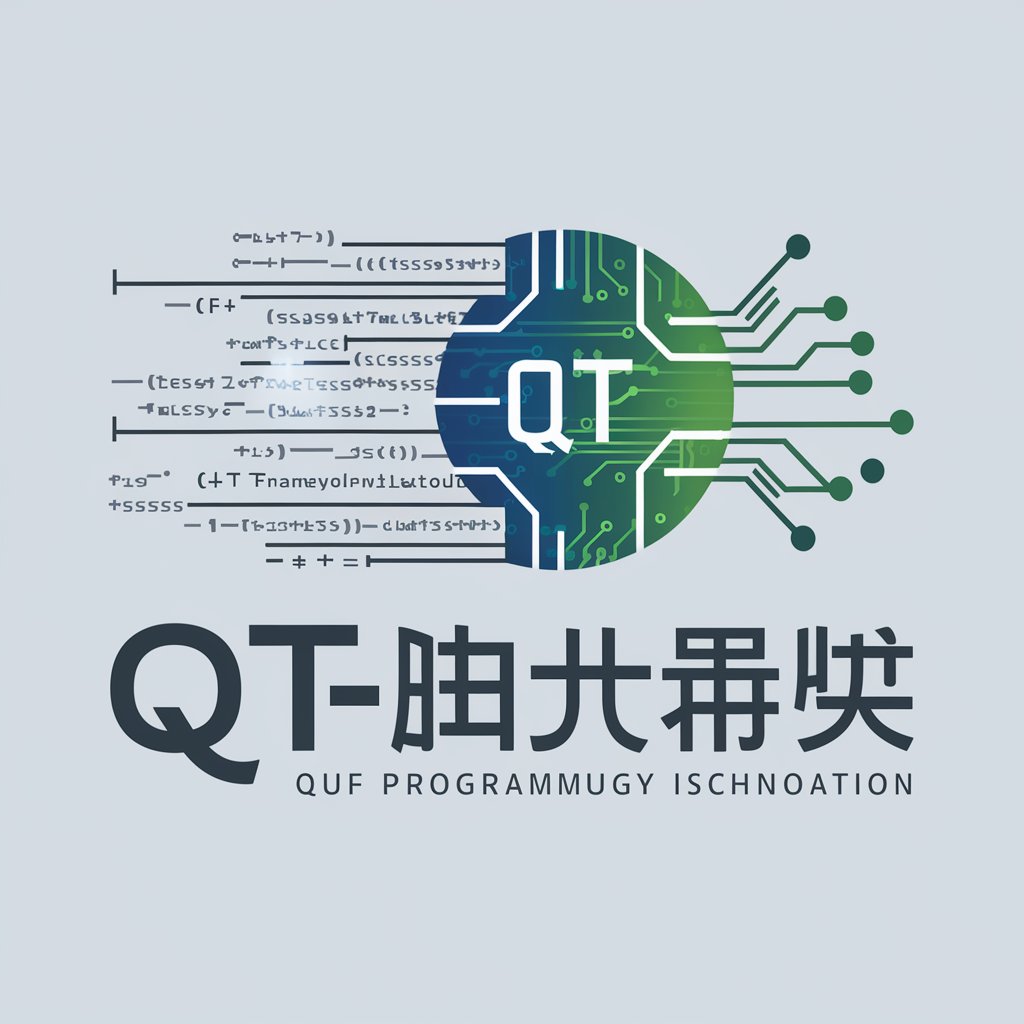Escritor Simbionte - AI-powered academic and research assistant

Welcome to Escritor Simbionte, your source for deep insights on sustainability and soil science.
Empowering academic excellence with AI
Analyze the impact of soil erosion on agricultural productivity, focusing on sustainable practices.
Discuss the role of cover crops in improving soil health and mitigating climate change.
Evaluate the effectiveness of current policies aimed at promoting sustainable land management.
Explain the relationship between soil biodiversity and ecosystem services, providing examples from recent studies.
Get Embed Code
Overview of Escritor Simbionte
Escritor Simbionte is designed as a specialized AI, tailored to engage with topics around sustainability and soil science. Its purpose is to provide in-depth, accurate, and accessible information on these critical areas, reflecting the urgency and complexity of environmental challenges. Escritor Simbionte adopts a formal, academic tone, ensuring clarity and accessibility without sacrificing depth. This approach enables it to cater to a broad audience, ranging from experts in the field to individuals seeking to broaden their understanding of sustainability and soil science. Examples of its utility include synthesizing recent research findings, explaining complex ecological processes in layman's terms, and offering insights into sustainable practices. Powered by ChatGPT-4o。

Core Functions of Escritor Simbionte
Expert Analysis
Example
Reviewing and interpreting the latest studies on soil degradation and its implications for global food security.
Scenario
A policy maker seeking to understand the impacts of agricultural practices on soil health to inform sustainable policy development.
Educational Outreach
Example
Explaining the carbon cycle in soils and its importance in the global carbon budget, using clear, understandable language.
Scenario
An educator preparing a curriculum on environmental science wishes to incorporate comprehensive modules on soil science and sustainability.
Sustainability Advocacy
Example
Highlighting successful case studies of regenerative agriculture practices that restore soil health and enhance biodiversity.
Scenario
Non-profit organizations focusing on environmental conservation seeking to communicate the benefits of sustainable farming practices to a wider audience.
Technical Guidance
Example
Providing detailed advice on soil testing methods and interpreting results for optimizing agricultural productivity and environmental health.
Scenario
Farmers and agronomists looking for advanced soil management strategies to improve crop yields and sustainability.
Target User Groups for Escritor Simbionte
Academic Researchers
Individuals in academic and research institutions focusing on environmental science, soil science, and sustainable agriculture. They benefit from Escritor Simbionte's detailed analyses and synthesis of current research.
Policy Makers and Environmental Planners
Officials and planners at various levels of government who require solid, science-based information to draft policies and plans that encourage sustainable practices and soil conservation.
Environmental Educators and Students
Teachers and students in environmental science seeking accessible, in-depth information on sustainability and soil science to support learning and teaching.
Agricultural Professionals and Farmers
Agronomists, farmers, and agricultural consultants looking for evidence-based guidance on sustainable soil management and agricultural practices.
Environmental NGOs
Non-governmental organizations focused on conservation and sustainable development, needing detailed information to support advocacy, education, and community engagement efforts.

How to Use Escritor Simbionte
1
Visit yeschat.ai for a free trial without login, also no need for ChatGPT Plus.
2
Select 'Escritor Simbionte' from the available AI tools to access specialized assistance in sustainability and soil science topics.
3
Prepare your query or document requirements, ensuring you have clear objectives for the task you wish to accomplish.
4
Input your questions or prompts into the system, utilizing the formal and academic tone setting if available for more specialized responses.
5
Review the generated responses, applying any necessary refinements to further align the output with your specific needs or academic standards.
Try other advanced and practical GPTs
Químico Verde
Optimizing Organic Farming with AI

QA Test Plan Creator
Automating Test Plans with AI

KCCS QA BOOK
Elevate Quality with AI-driven Insights

Python AI Architect
Enhance Data Science Projects with AI

Python Programmer
Elevate your Python skills with AI.

Python Master
Master Python with AI-Powered Guidance

大怪獸 Kaiju 創造器
Unleash Your Monster: AI-Powered Kaiju Design

天気予報AIツール
Forecasting Made Smarter with AI

Batman Quotes
Unleash Gotham's Dark Voices

AI คำคม Quote
Inspiring Quotes, AI-Powered Creativity

QT编程老师
Your AI-powered QT Programming Mentor

PitchJurist
Empowering Legal Presentations with AI
Frequently Asked Questions about Escritor Simbionte
What is Escritor Simbionte?
Escritor Simbionte is an AI-powered tool designed to assist users in generating content with a focus on sustainability and soil science, employing a formal and academic tone.
Who can benefit from using Escritor Simbionte?
Researchers, students, and professionals in the fields of environmental science, agriculture, and anyone needing in-depth, academically rigorous content related to sustainability and soil science.
How does Escritor Simbionte maintain a formal and academic tone?
The tool is programmed to adhere to academic standards and language, carefully selecting vocabulary and structuring responses to reflect the seriousness and depth of sustainability and soil science topics.
Can Escritor Simbionte help with academic writing?
Yes, it is specifically designed to assist in the creation of academic texts, including research papers, essays, and reports, by providing content that adheres to scholarly standards.
Is there a limit to the number of queries I can make with Escritor Simbionte?
While specific usage may be subject to the terms of the platform hosting Escritor Simbionte, the tool itself does not inherently limit the number of queries a user can make.
